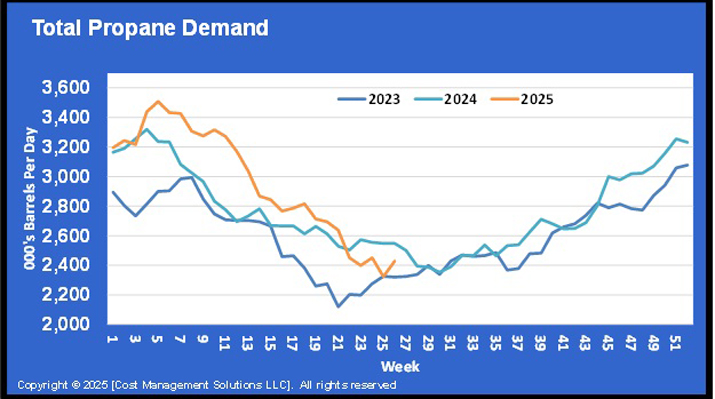Coaching vs. managing
You wouldn’t expect to see a football coach stop an important game to run out onto the field and teach a lineman how to block.
It never happens, because the time for coaching is during the week, before the game. During the game, there is no time; everyone is under pressure and emotions are running high. Sound familiar? That is how we often manage our staff. When everyone is busy and the office is chaotic, we are tempted to micromanage the situation – like a coach interrupting a game to run onto the field. There is a better way.
By coaching instead of managing, we can help the individuals on our team to improve their performance. It is the athlete on the field who has to perform, not the coach. And regardless of talent or experience, the athlete can always improve.
In “The Weekly Coaching Conversation,” author Brian Souza suggests we schedule 15 minutes a week with each employee for an informal conversation to ask the following questions:
• What were you accountable for getting done last week and how did it go?
• What are you focused on this week?
• How can I (as your coach) help you?
Unlike annual or quarterly reviews, weekly coaching sessions provide timely feedback. These casual conversations allow your team members to make adjustments, experience growth and build a relationship of trust. Staff members who are reluctant to speak up in a group setting feel more comfortable to open up and honestly express themselves during these one-on-one conversations.
Keep notes on the topics you discuss. Then if something comes to mind during the week, write it down and mention it at the next meeting instead of interrupting their daily workflow.
By coaching on a weekly basis, issues are addressed and real progress is made in your business.
Ken Albrecht is president of Reliable Propane in Clarence Center, N.Y. Visit www.reliablepropane.com.
















